- Home
- Quizzes
- My Quiz Activity
- Newsletters
- Sports Betting
- MY FAVORITES
- Add Sports/Teams
- SPORTS
-
NFL
- NFL Home
- Arizona Cardinals
- Atlanta Falcons
- Baltimore Ravens
- Buffalo Bills
- Carolina Panthers
- Chicago Bears
- Cincinnati Bengals
- Cleveland Browns
- Dallas Cowboys
- Denver Broncos
- Detroit Lions
- Green Bay Packers
- Houston Texans
- Indianapolis Colts
- Jacksonville Jaguars
- Kansas City Chiefs
- Las Vegas Raiders
- Los Angeles Chargers
- Los Angeles Rams
- Miami Dolphins
- Minnesota Vikings
- New England Patriots
- New Orleans Saints
- New York Jets
- New York Giants
- Philadelphia Eagles
- Pittsburgh Steelers
- San Francisco 49ers
- Seattle Seahawks
- Tampa Bay Buccaneers
- Tennessee Titans
- Washington Commanders
-
MLB
- MLB Home
- Athletics
- Arizona Diamondbacks
- Atlanta Braves
- Baltimore Orioles
- Boston Red Sox
- Chicago White Sox
- Chicago Cubs
- Cincinnati Reds
- Cleveland Guardians
- Colorado Rockies
- Detroit Tigers
- Houston Astros
- Kansas City Royals
- Los Angeles Angels
- Los Angeles Dodgers
- Miami Marlins
- Milwaukee Brewers
- Minnesota Twins
- New York Yankees
- New York Mets
- Philadelphia Phillies
- Pittsburgh Pirates
- San Diego Padres
- San Francisco Giants
- Seattle Mariners
- St. Louis Cardinals
- Tampa Bay Rays
- Texas Rangers
- Toronto Blue Jays
- Washington Nationals
-
NBA
- NBA Home
- Atlanta Hawks
- Boston Celtics
- Brooklyn Nets
- Charlotte Hornets
- Chicago Bulls
- Cleveland Cavaliers
- Dallas Mavericks
- Denver Nuggets
- Detroit Pistons
- Golden State Warriors
- Houston Rockets
- Indiana Pacers
- Los Angeles Clippers
- Los Angeles Lakers
- Memphis Grizzlies
- Miami Heat
- Milwaukee Bucks
- Minnesota Timberwolves
- New Orleans Pelicans
- New York Knicks
- Oklahoma City Thunder
- Orlando Magic
- Philadelphia 76ers
- Phoenix Suns
- Portland Trail Blazers
- Sacramento Kings
- San Antonio Spurs
- Toronto Raptors
- Utah Jazz
- Washington Wizards
-
NHL
- NHL Home
- Anaheim Ducks
- Boston Bruins
- Buffalo Sabres
- Calgary Flames
- Carolina Hurricanes
- Chicago Blackhawks
- Colorado Avalanche
- Columbus Blue Jackets
- Dallas Stars
- Detroit Red Wings
- Edmonton Oilers
- Florida Panthers
- Los Angeles Kings
- Minnesota Wild
- Montreal Canadiens
- Nashville Predators
- New Jersey Devils
- New York Islanders
- New York Rangers
- Ottawa Senators
- Philadelphia Flyers
- Pittsburgh Penguins
- San Jose Sharks
- Seattle Kraken
- St. Louis Blues
- Tampa Bay Lightning
- Toronto Maple Leafs
- Utah Hockey Club
- Vancouver Canucks
- Vegas Golden Knights
- Washington Capitals
- Winnipeg Jets
- NCAAF
- NCAAM
- Olympics
- Boxing
- Entertainment
- Lifestyle
- Golf
- MMA
- Soccer
- Tennis
- Wrestling
- More Sports
- RESOURCES
- My Account
- YB on Facebook
- YB on Twitter
- YB on Flipboard
- Contact Us
- Privacy Policy
- Terms of Service
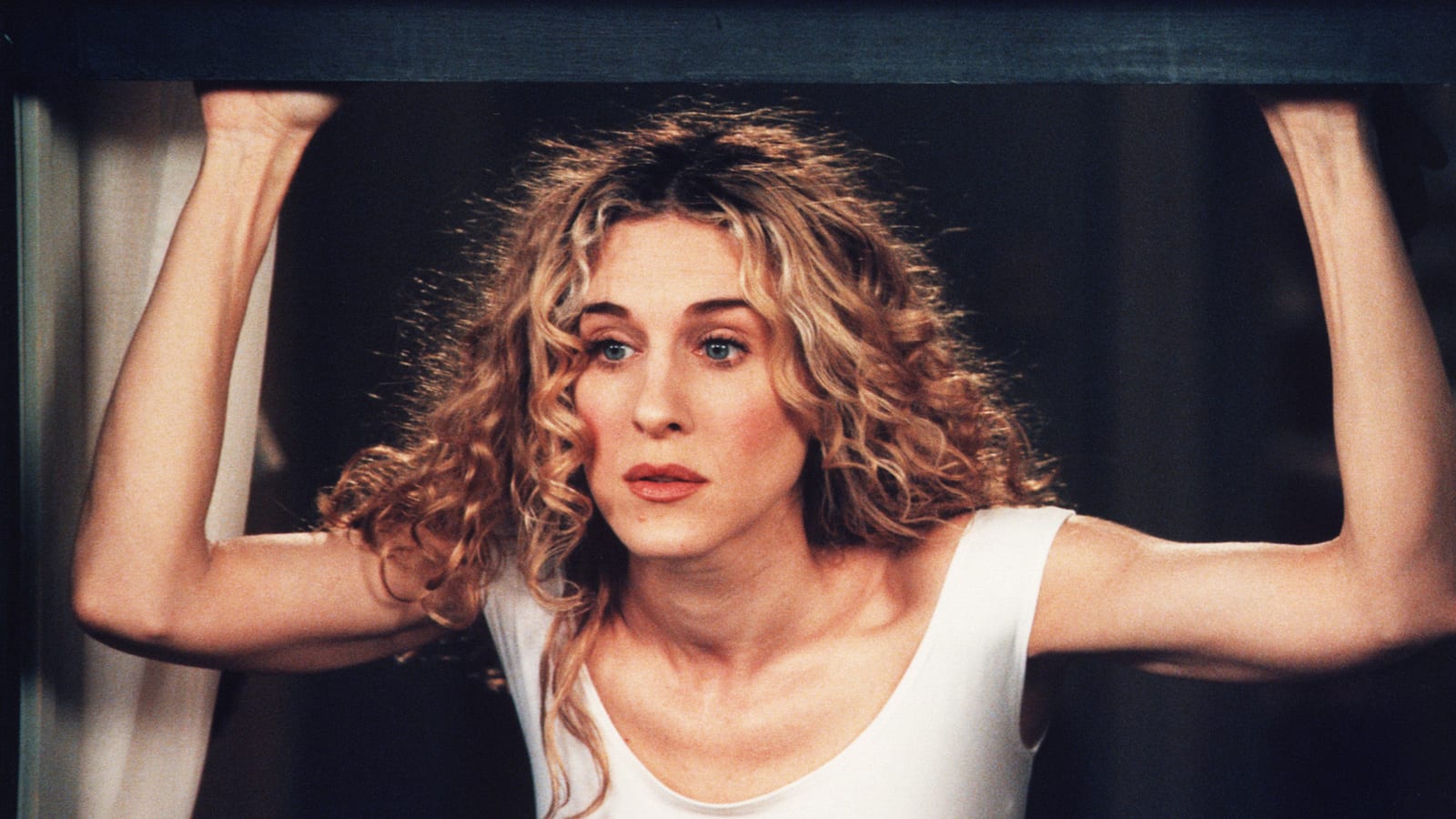
TV thrives on creating characters that audiences can cheer about and care for, particularly since they’ll encounter themes episode after episode. Given the simple preponderance of characters that have appeared over the history of TV, it’s unsurprising to find quite a few that have earned the unfortunate reputation for being terrible. In fact, even main characters have proven to be remarkably irritating, so much so that they have earned the opprobrium of the series’ fandom, even if (as is often the case) the series itself remains remarkably popular and beloved.
Alicent Hightower ('House of the Dragon')
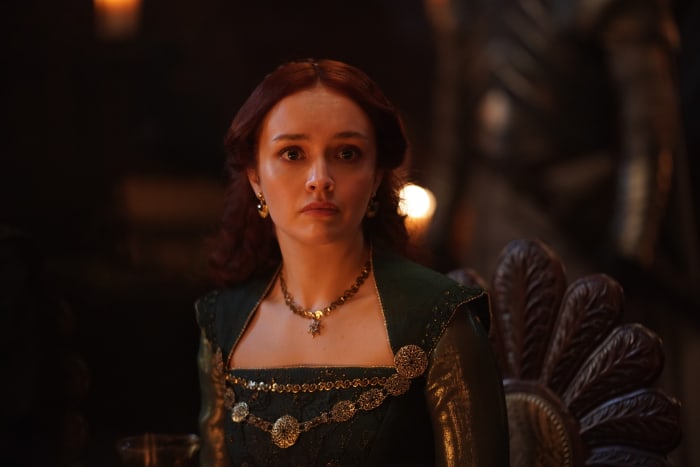
HBO’s House of the Dragon, as its title implies, focuses on the Dance of the Dragons, the catastrophic civil war between two halves of the Targaryen family. One of the key players in the drama is Alicent Hightower, who helps to elevate her son Aegon over his half-sister Rhaenyra. Though her motivations are as complex as any of the other characters, she’s one of those people who can’t seem to decide what she wants and where her true loyalties lie. As a result, she becomes both a frustrating character and a villain all in one.
Robb Stark ('Game of Thrones')

The various members of the Stark family were the primary protagonists of Game of Thrones. However, they were known for being particularly frustrating with their actions, arguably none more so than Robb Stark. The poor boy could never overcome either his sentimental nature or his inability to live up to what he felt were his father’s expectations. All of this led to his ignoble death at the infamous Red Wedding, which, while tragic, was brought about by his own refusal to play the game of thrones with any degree of subtlety.
Carrie Bradshaw ('Sex and the City')
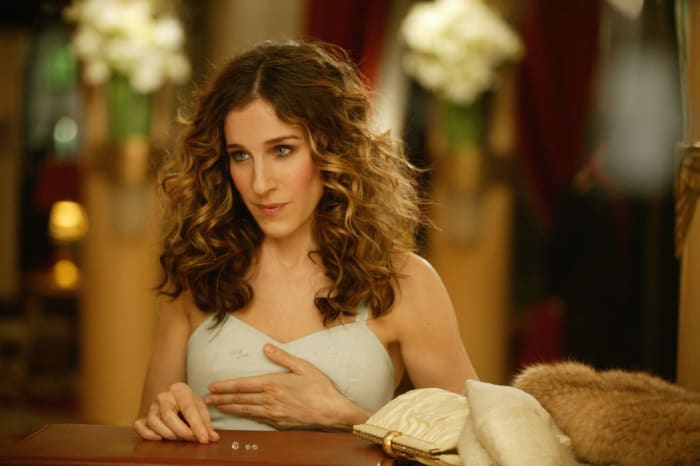
Sarah Jessica Parker scored the role of a lifetime with Carrie Bradshaw, the narrator and one of the four main characters in Sex and the City. While Carrie might be the major point of audience identification, she can still be a very exasperating character, particularly since she seems to go out of her way to be her worst enemy. She also tends to not be a particularly good friend to the other three women, and she is arguably the most myopic and self-centered of the characters (even if she pretends to be otherwise).
Hughie ('The Boys')

The Boys has received much-deserved praise for its willingness to subvert and critique America’s fascination with superheroes. Hughie Campbell is arguably the show’s moral center, but he’s something of an insufferable character, particularly since he likes to act as if he’s morally superior while also engaging in his own fair share of bad behavior. Moreover, he’s clearly in love with Starlight but repeatedly shows that he doesn’t really have an awareness or much of an investment in her as a person rather than as a romantic ideal.
Piper Chapman ('Orange is the New Black')
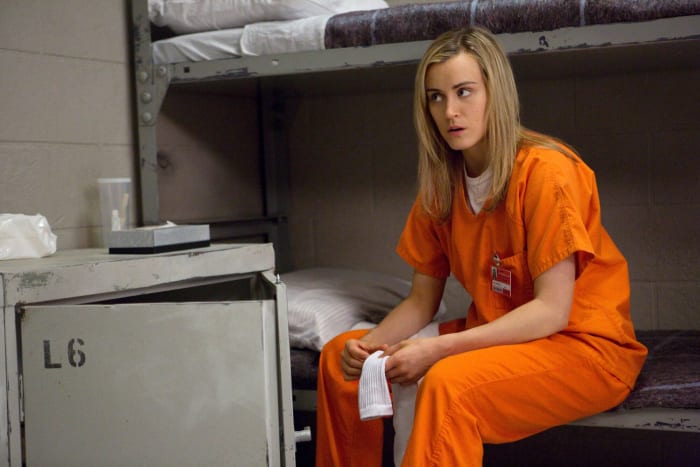
For much of the first season of Orange is the New Black, Piper Chapman is the main character, and this is often to the show’s detriment. Bluntly put, Piper is neither particularly interesting nor very charismatic, and to make matters worse, she is remarkably entitled and spoiled. Though she does grow a bit as the series goes on, she never really manages to become much more than she was initially. Fortunately, the show managed to expand its horizons, giving insight into the cast's other (far more interesting) members.
Alan Harper ('Two and a Half Men')
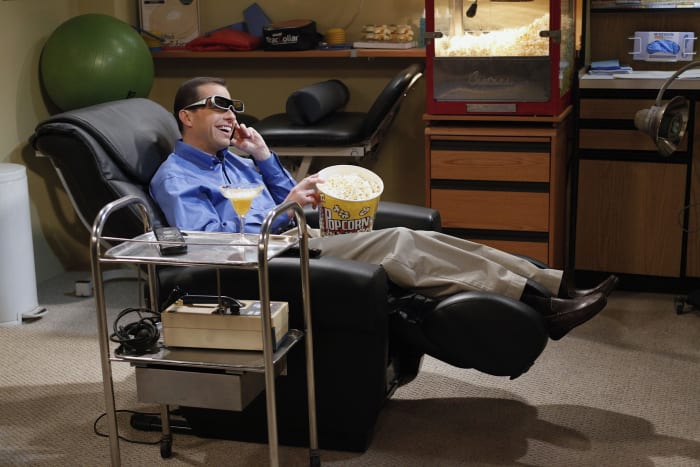
Two and a Half Men seemed to revel in its own bad taste. It also made no secret that its two male leads were not particularly bad people, though arguably, Alan is the worst. He’s one of those people who seems to excel at making all sorts of bad decisions and then acting quite surprised when his life doesn’t end up like he would like it to. Aside from this, he’s also just one of those characters who is generally annoying.
Eric Forman ('That ‘70s Show')

Even though That ‘70s Show was supposedly set in the 1970s, it was most definitely a sitcom of the late ‘90s and early '00s, complete with characters who were both frustrating and endearing. Topher Grace’s Eric was arguably the most irritating member of the cast since he managed to be remarkably indecisive yet relentlessly demanding. In addition to being embarrassingly enthralled by Donna, he repeatedly shows no real ability to stand up for himself, and, as the sequel series That ‘90s Show makes clear, this doesn’t change even when he grows up and has a daughter.
Scrappy-Doo ('Scooby-Doo')

Few animated characters are as universally derided as Scrappy-Doo. Ever since he was introduced as Scooby-Doo’s nephew, he’s been a thorn in the side of the franchise, and any time he shows up in a production, he’s guaranteed to be annoying. In fact, he’s become so disliked within the Scooby-Doo universe that he was even portrayed as the main villain in the live-action film. Despite being one of the worst characters in the Scooby-Doo universe, he’s proven remarkably enduring, and he even makes an appearance in the series Velma.
Selina Meyer ('Veep')
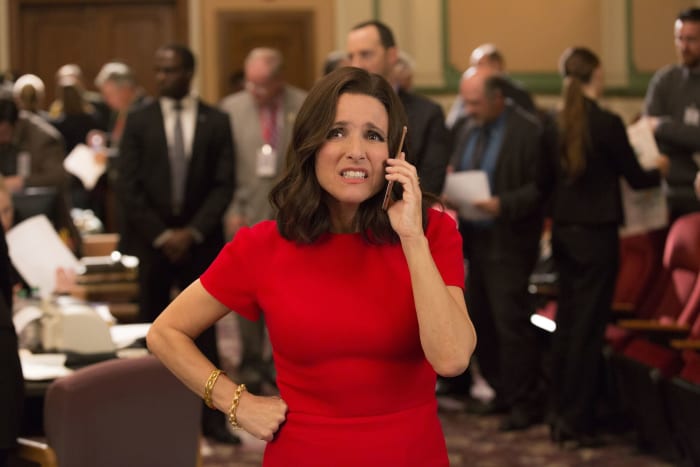
Julia Louis-Dreyfus gave one of the performances of her career as Selina Meyer in the scathingly funny HBO series Veep. There’s no question that Selina is an absolutely horrible person willing to eviscerate her staff and throw her daughter under the bus if it means she’ll get the success she thinks she deserves. She might be a reasonably smart politician, but she also has no real moral compass to speak of, which is her greatest strength and her greatest weakness.
Skyler White ('Breaking Bad')
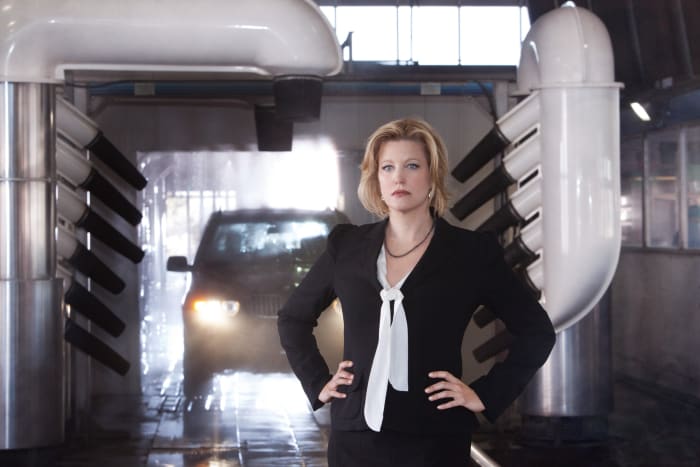
Breaking Bad was one of the most lauded TV shows of the late 2000s and 2010s, and with good reason. While its main character was Walter White, he was surrounded by a number of other fascinating characters, one of whom was his wife, Skyler. Unfortunately for both the character and fans, the series and the fandom seemed to take offense at everything she did to obstruct or arrest Walt’s slide into darkness, and she has, rather unfairly, come to be regarded as one of the worst characters in the series.
Sookie Stackhouse ('True Blood')
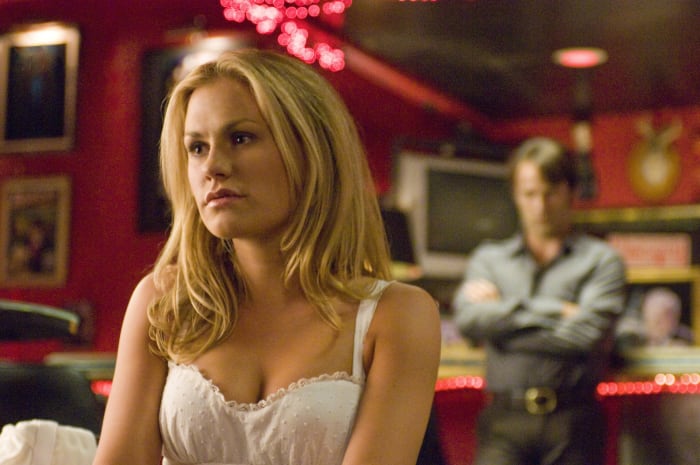
True Blood is a perfect example of an HBO series that starts strong but very quickly goes off the rails. The center of the story is Anna Paquin’s Sookie Stackhouse, a young woman whose telepathic powers get her into trouble and whose romance with a vampire causes no small amount of trouble. Sookie ends up being one of those heroines who either has all of the power or none of it, and her constant back-and-forth about which supernatural creature she’s going to end up with begins to feel both frustrating and repetitive.
Frank Gallagher ('Shameless')
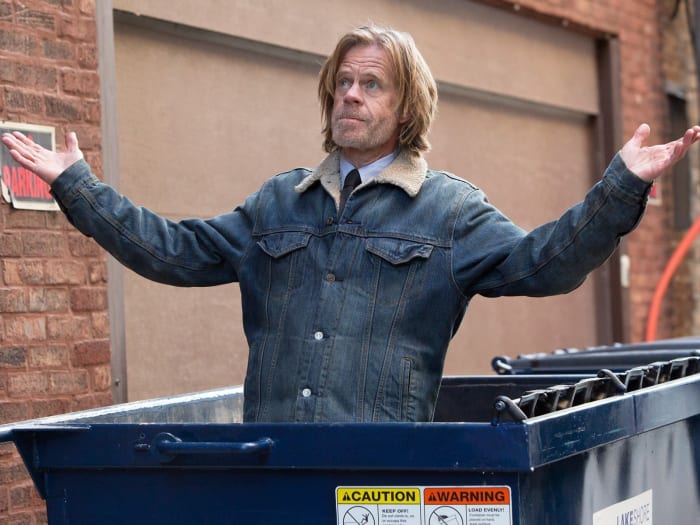
If there’s one show that has amply demonstrated the destructive nature of poverty, it would have to be Shameless. William H. Macy gives one of his best performances as Frank Gallagher, who is the very definition of a ne’er-do-well who has no job and no stability and has no desire to do so, no matter how much chaos and misery this causes his family. Though he has his own unique brand of charisma, it’s truly impossible not to hate Frank, if for no other reason than that he has left so much destruction in his wake.
Ted ('How I Met Your Mother')
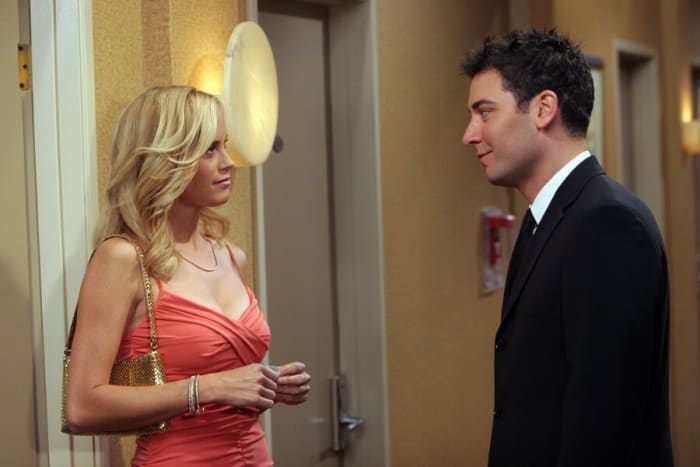
How I Met Your Mother was something akin to necessary viewing for most of its run, thanks to the central enigma of who would end up being the mother. Even though Ted is the main character of this series, he is also one of those people who grows increasingly intolerable the longer the series continues. Time and again, he shows himself to be one of those willing to sabotage his happiness, largely because of his obsession with Robin. He’s one of those characters who remains frustrating from the first season to the last.
George Costanza ('Seinfeld')
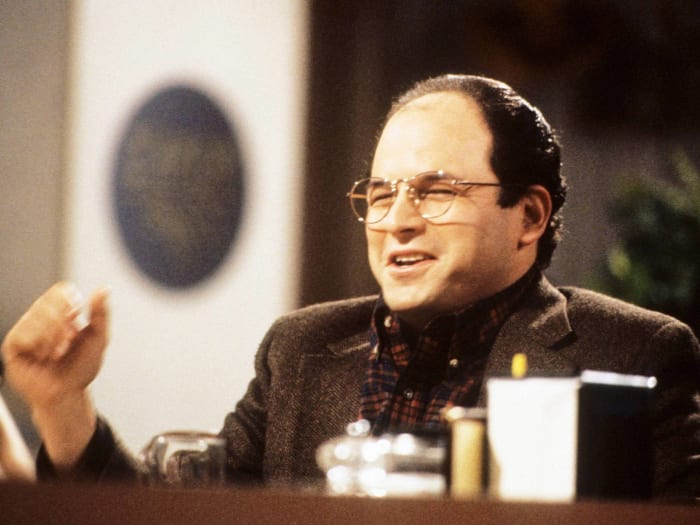
Even though Seinfeld was notorious for being populated by characters who were bad people, George Costanza was on another level altogether. If one can say anything about George, it’s that, at the very least, he doesn’t pretend to be something he’s not, and he seems to sometimes revel in being a deeply unpleasant person. Of all of the main cast, he’s the one who most frequently indulges in his worst impulses, and chaos often ensues (much to Jerry’s chagrin). To be fair, Jason Alexander does deserve credit for creating a character that is memorable precisely because he’s the worst.
Ross Geller ('Friends')
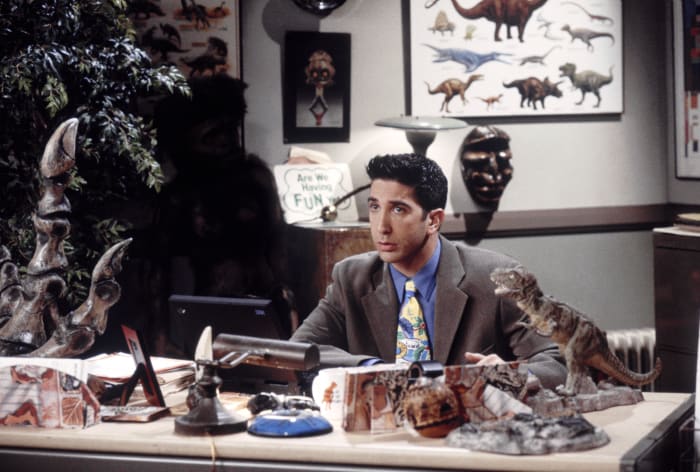
Friends has proved remarkably enduring, and in some ways, it’s as popular now as it was when it was released in the 1990s and early 2000s. Despite its appeal, it features some insufferable characters, including the ever-whiny and needy Ross. Whether it’s sleeping with someone else because he was supposedly on a break from Rachel or just being generally insufferable, he was one of those characters who just seemed to excel at getting on everyone's nerves, up to and including those of his sister Monica.
Leonard ('The Big Bang Theory')

The Big Bang Theory might have been one of the most successful sitcoms of the 21st century, but there’s no getting around the fact that its main character, Leonard, is quite insufferable. He’s fussy and exasperating, and he gets on the nerves of the audience and his fellow characters. To be fair, Johnny Galecki gives a masterful performance as Leonard, and he perfectly captures the personality and spirit of the kind of person who somehow manages to be both alienating and somewhat endearing.
Ray Barone ('Everybody Loves Raymond')
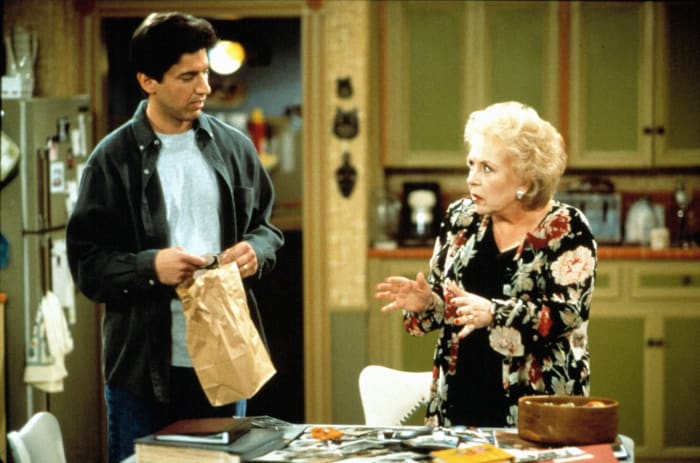
In many ways, Everybody Loves Raymond is the quintessential sitcom, up to and including a husband who manages to be a dunce at every available opportunity. Even though Ray Barone clearly loves his family, he’s not always particularly good at supporting his wife, Debra, particularly when it comes to any sort of conflict with his mother, Marie. More often than not, Ray shows himself to be distressingly spineless, and the audience often gets as furious with him as Debra does. At times, he even comes dangerously close to the type of character audiences love to hate.
Rachel Berry ('Glee')
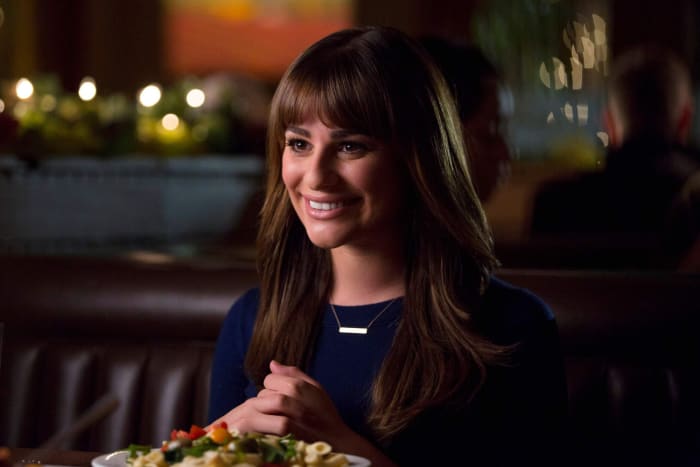
Glee excelled on the basis of its musical formula and the fact that it had a diverse cast. Main character Rachel, played by Lea Michele, was one of those people who just seems to hog the spotlight, no matter how much others might deserve it just as much as she did. There’s no question that Berry, particularly as performed by Michele, is something of a diva, which is fine for a few episodes but becomes ever more grating as the series continues until it’s almost intolerable.
Hannah Horvath ('Girls')
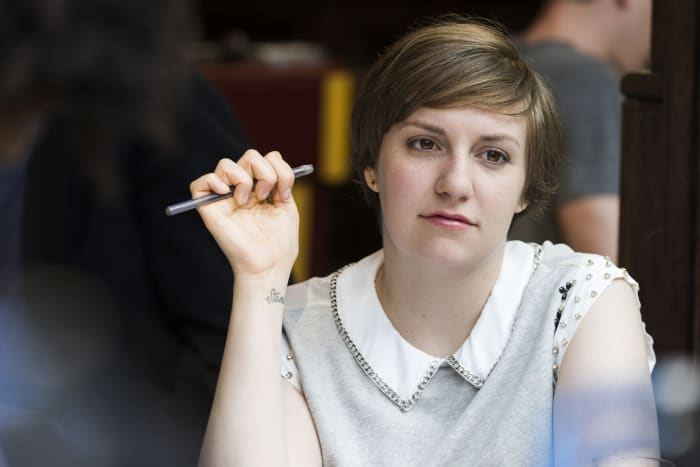
In the annals of TV, there are few main characters quite as universally reviled as Hannah Horvath of Girls . Created and portrayed by Lena Dunham, Hannah is the very epitome of the entitled millennial White woman, so obsessed with her interests, concerns, and neuroses that she has little to no room for anyone else in her life. More distressing is the fact that she shows so little development or change for most of the series’ run, which helps to explain why she remains so disliked even by fans of the series.
Patrick Murray ('Looking')
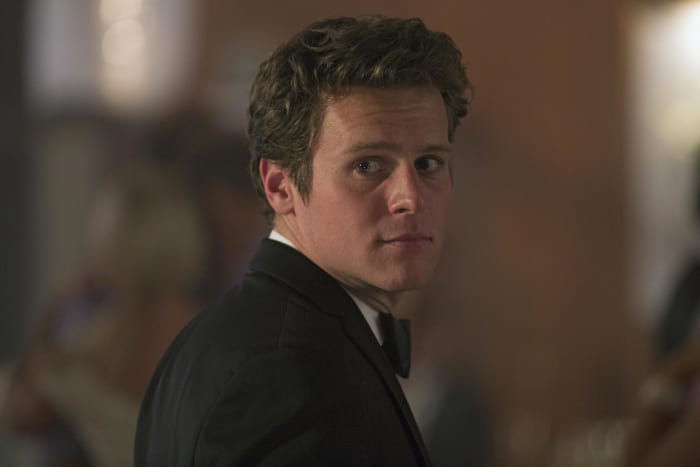
Patrick Murray was, of course, the main character in HBO’s Looking, which broke new ground in terms of stories centered on LGBTQ+ people. Though Jonathan Groff is undeniably charming and handsome, Patrick is a bit of a dunce. Like many other millennial protagonists, he is so self-involved that he ends up hurting many of those closest to him, including his love interest, Richie. Even though he seems to get a bit of a happy ending in the film that served as a conclusion to the series as a whole, it’s hard to feel that he deserves it.
Thomas J. West III earned a PhD in film and screen studies from Syracuse University in 2018. His writing on film and TV has appeared at Screen Rant, Screenology, FanFare, Primetimer, Cinemania, and in a number of scholarly journals and edited collections
More must-reads:
- The 20 most iconic opening scenes in movie history
- 20 accidental TV filming mishaps that were left in the final cut
- 25 stars who walked away from the limelight
- 20 TV couples that became legendary when they finally got together
- One and done: 20 awesome movies we never want to watch again
Breaking News
Customize Your Newsletter
 +
+
Get the latest news and rumors, customized to your favorite sports and teams. Emailed daily. Always free!
PRIVACY POLICY EDITORIAL POLICY CONTACT US
ABOUT YARDBARKER TERMS OF SERVICE
Use of this website (including any and all parts and
components) constitutes your acceptance of these
Terms of Service and Privacy Policy.
This site is for entertainment purposes only.
There is no gambling offered on this site.
Gambling Problem? Call 1-800-Gambler.
